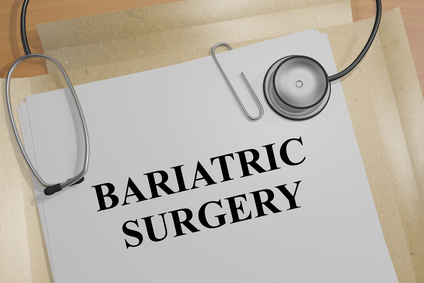
September 30, 2019
A large number of people around the world are paying the price for obesity. A disease like any other, except its worn on the outside, it not only restricts a person’s ability to carry our daily tasks, it also increases the risk of various life-threatening disorders such as type-2 diabetes, cardiovascular problems, hypertension, and sleep apnea, to name a few. That partially explains the reason why an increasing number of people are turning to bariatric procedures such as Gastric Bypass to get healthy once again. Gastric Bypass is a type of bariatric surgery that is usually recommended to those whose BMI is more than 35, or about 100 pounds overweight. Continuing on the subject, this blog post answers some commonly asked questions about Gastric Bypass surgery. Have a look.
What is Gastric Bypass Surgery?
Gastric bypass surgery refers to a surgical procedure in which the stomach is divided into a small upper pouch and a much larger lower pouch and then the small intestine is rearranged to connect to both. Basically, the size of your stomach shrinks, so you can’t eat as much as you used to. The surgeon will also re-route, or bypass, part of your digestive system, so you don’t absorb as much food as you used to. Your body’s hormones around metabolism and sugar levels are also affected.
Are there any risks involved in Gastric Bypass Surgery?
Surgery has minimal risks, but the following are possible:
- Pouch stretching : The stomach gets bigger over time, stretching and may need revision.
- Breakdown of staple lines : The staples fall apart. This happens less than 1% and usually limited to the first week after surgery.
- Nutritional, vitamin, and mineral deficiencies : Your body will be less able to get nutrients from food. This happens 2-3% of the time and usually in people not taking appropriate vitamins.
- Stomal stenosis : A narrowing forms at the connection of the stomach and small intestine causing nausea, vomiting, reflux, and then an inability to eat. Seen less than 1% of the time, the stoma can be stretched with a simple procedure through the mouth.
- Dumping Syndrome : When food moves too quickly from the stomach to the small intestine, it causes dumping syndrome. Symptoms include nausea, weakness, sweating, fainting, and, occasionally, diarrhea after eating, as well as becoming extremely weak after eating sweets.
Is Gastric Bypass surgery right for me?
Gastric bypass may or may not be an ideal option for you, which you doctor will decide after checking your medical history and running some diagnostic tests to assess your overall health. The suitability of the procedure also largely dependent on an individual’s commitment to adopting and sticking to a healthy lifestyle.
Who qualifies for gastric bypass surgery?
- Efforts to lose weight with diet and exercise have been unsuccessful.
- Your body mass index (BMI) is 40 or higher.
- Your BMI is 35 or more and you have a serious weight-related health problem, such as type 2 diabetes, high blood pressure or severe sleep apnea.
Wrap Up
These are some of the frequently asked questions about Gastric Bypass Surgery. Gastric Bypass can be a ray of light for those who are unable to lose weight despite their best efforts. It is advisable that you consult a doctor or surgeon to ensure that the procedure is right for you. If you or a loved one has been thinking on the lines of opting for gastric bypass surgery in Fort Worth Texas or Dallas, speak with one of the bariatric specialists at DFW Bariatrics and General Surgery. Book an appointment online or simply call 469-620-0222.
